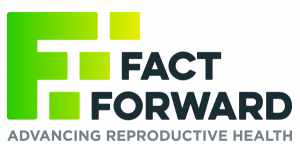In this training, participants will:
- Explain sex determination and differentiation.
- Explain how the interaction between chromosomes, hormones, and in-utero development impacts the development of reproductive organs and the brain.
- Describe reproductive anatomy and physiology in a gender-neutral and inclusive manner.
- Identify the major organs of the reproductive and sexual anatomy, both internal and external, including those related solely to sexual pleasure.
- Identify the role of the hypothalamus, anterior pituitary, and the gonads and their respective hormones in moderating the feedback cycles that initiate puberty and control the menstrual cycle and sperm production.
- Describe the menstrual cycle, including hormonal, ovarian, and uterine cycles.
- Explain the role of the clitoris, g-spot, urethra, vagina, and female ejaculation in female sexual arousal and orgasm.
- Apply this content to conversations with youth in a manner that is medically accurate and developmentally appropriate, using accessible language and terminology.





